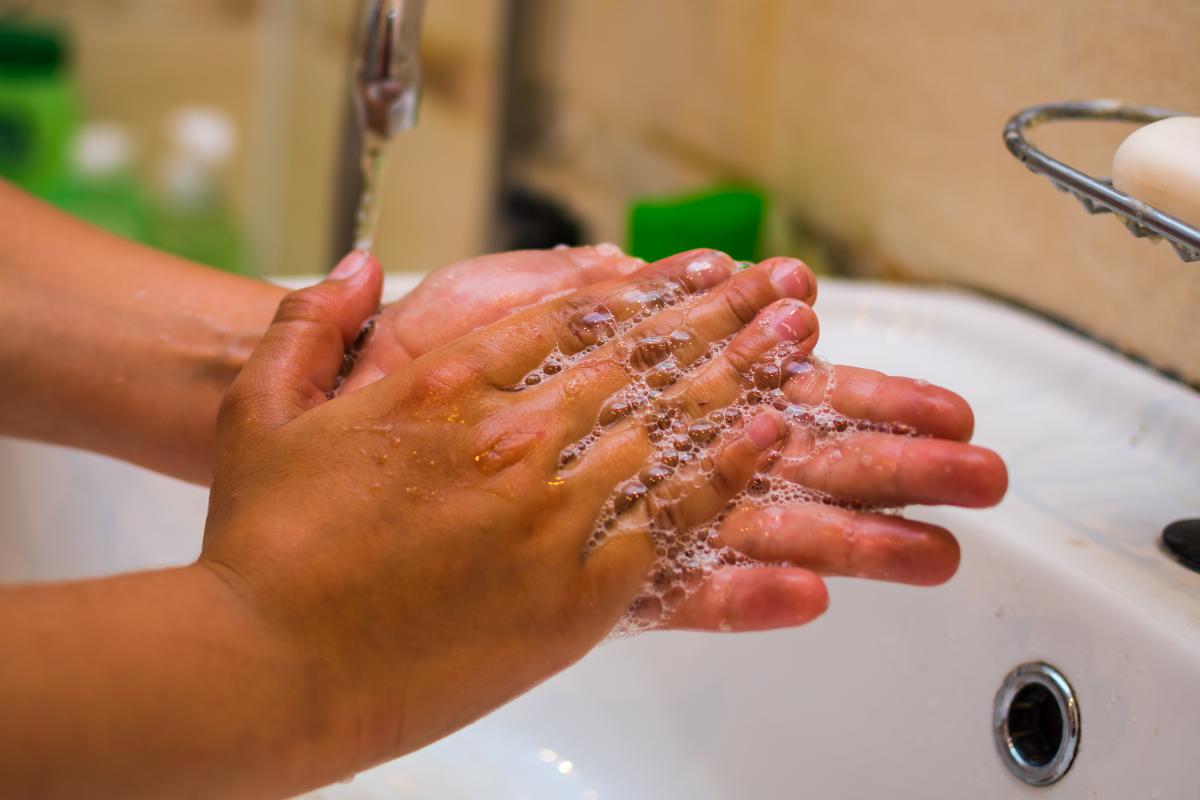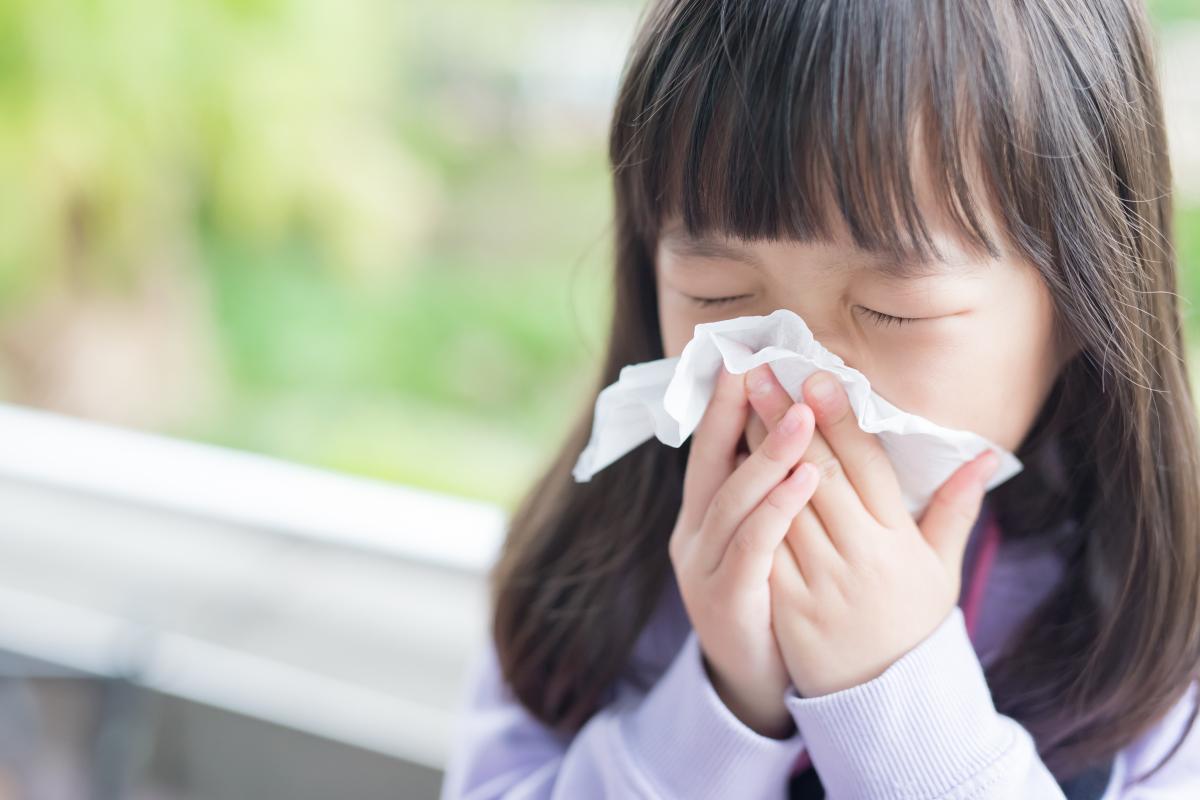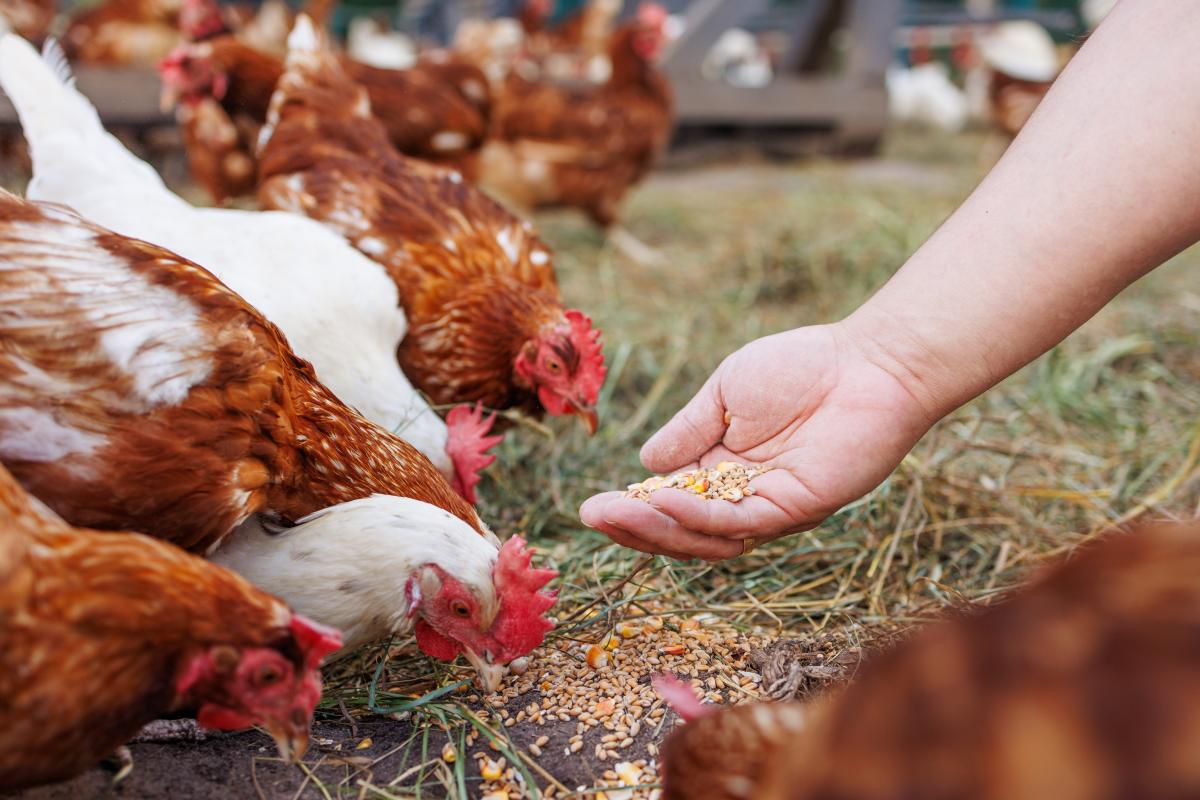When it starts getting cold, we see more cases of COVID-19, the flu, RSV, and colds. COVID-19, influenza (flu), and RSV are contagious respiratory illnesses, but they are caused by different viruses. Vaccines for COVID-19, flu, and RSV work to help prevent severe illness and hospitalization.
These illnesses can make us miss work, school, and fun activities. Sometimes, they can even make us really sick and need to go to the hospital. This is especially true for babies and little kids, older people, and people who already have health problems. If you get sick with fever, chills, cough, runny nose, sore throat, or headache, remember to stay home and away from others, including people you live with who are not sick. If you or your child are feeling very sick, talk to a doctor about what medicines might help.
If you've been sick, you can go back to doing your normal things when you've felt better and haven't had a fever for at least 24 hours (without taking medicine to lower your fever). Even though you feel better, be extra careful for the next 5 days when you're around other people indoors. To help others stay healthy:
- Open windows or use air filters.
- Wash your hands often and cough or sneeze into your elbow.
- Wearing a mask can help protect others.
- Try to keep some space between yourself and others.
You might still be able to spread the virus even if you feel better, so these precautions are important to protect others, especially those who are high risk for getting very sick.
If you get a fever again or start feeling worse, stay home and away from others until you've felt better and haven't had a fever for at least 24 hours. Then, be extra careful again for the next 5 days.




